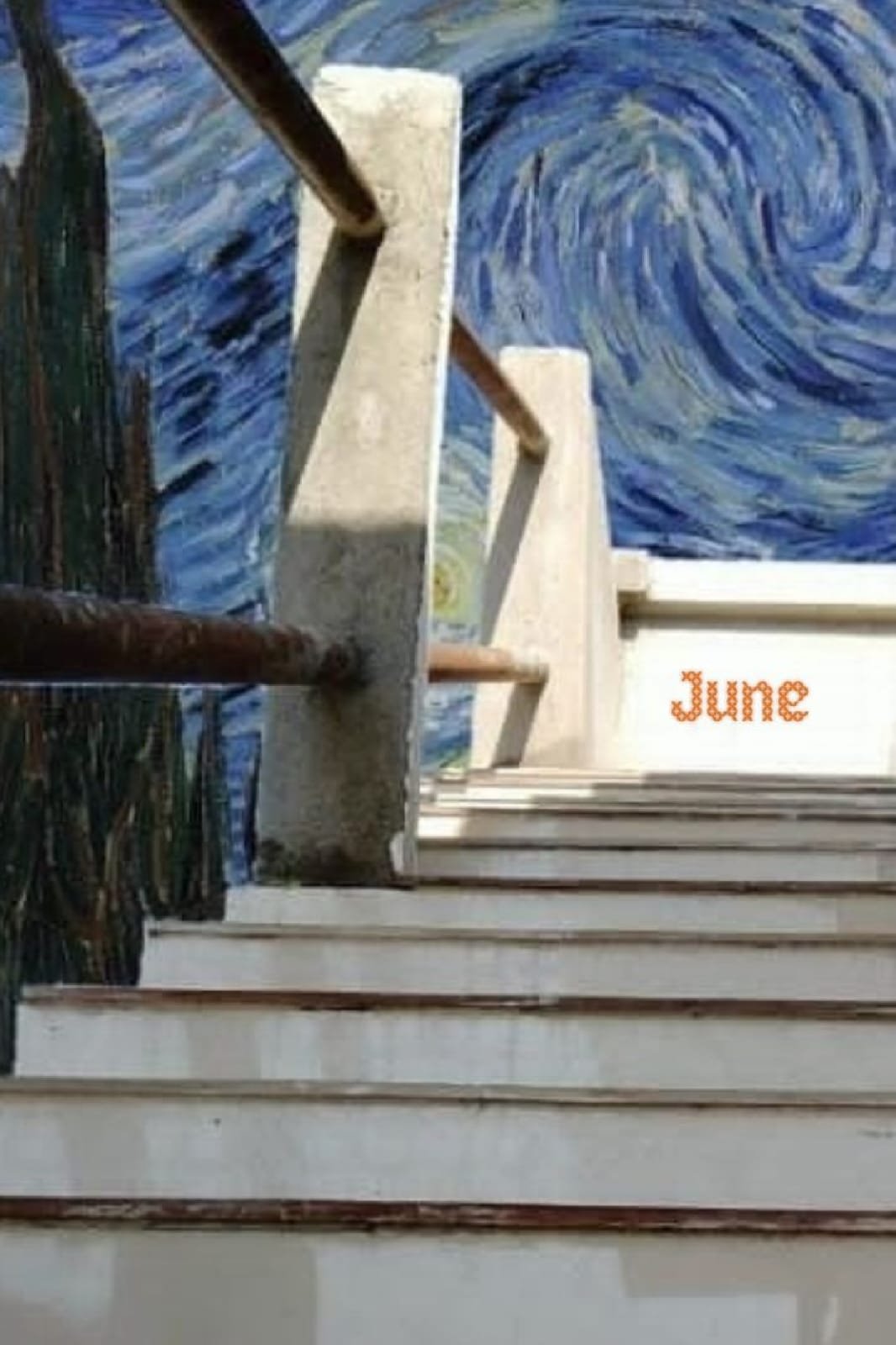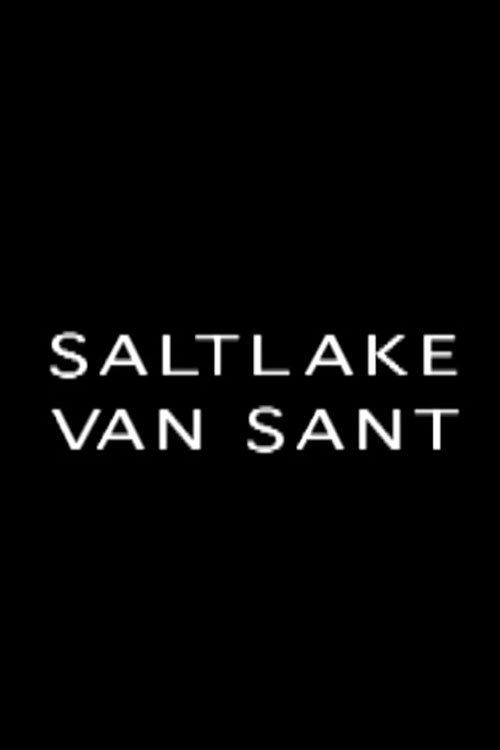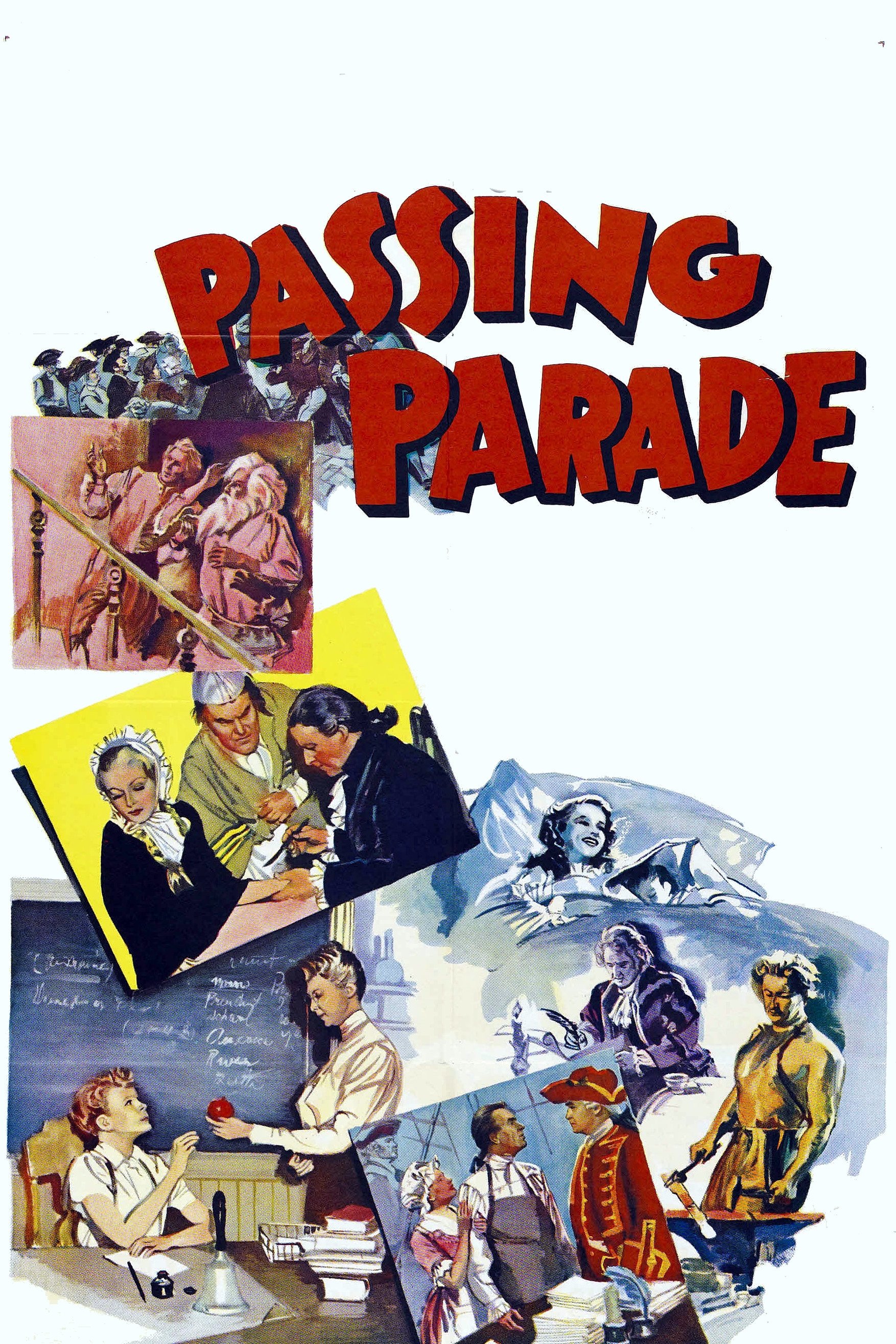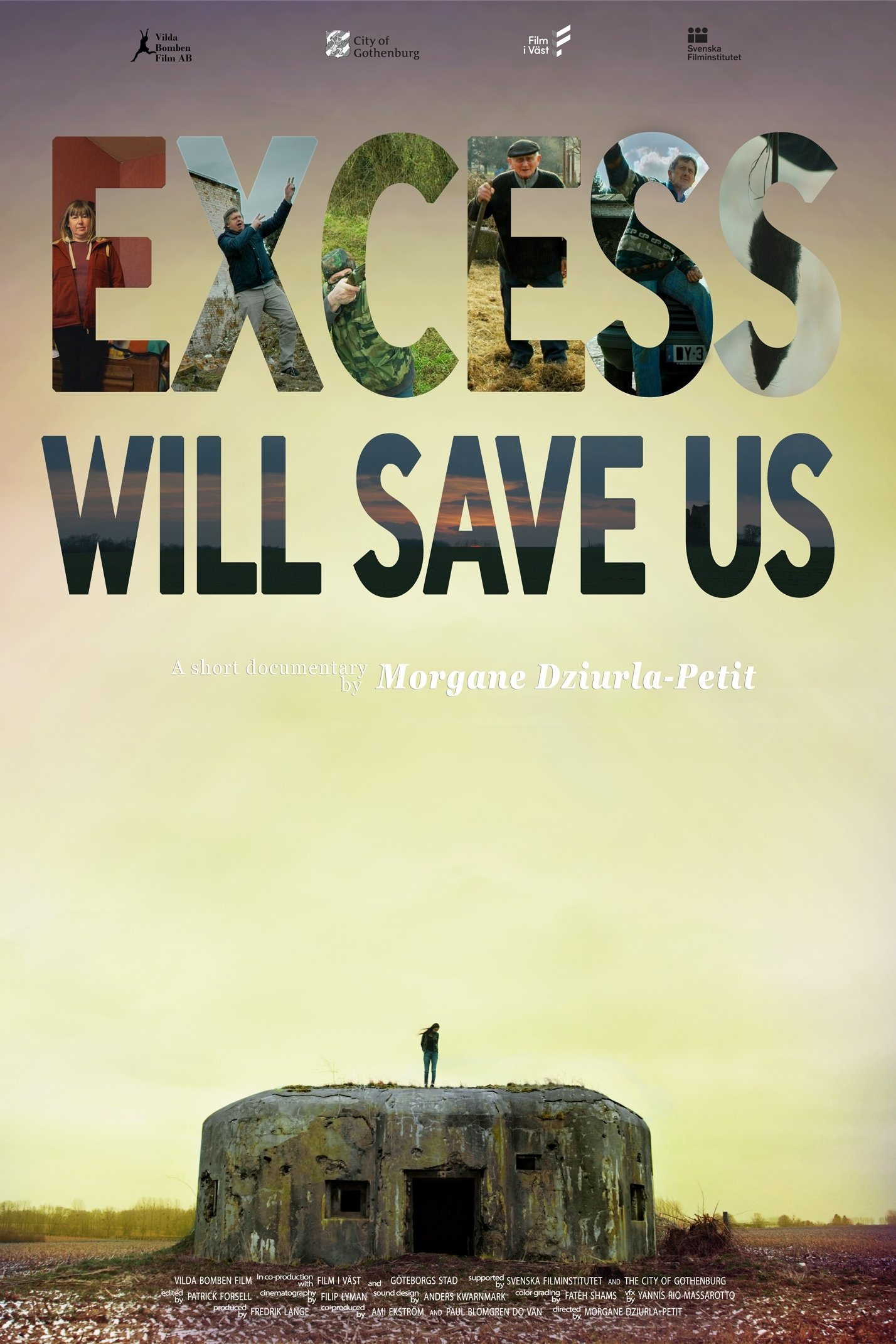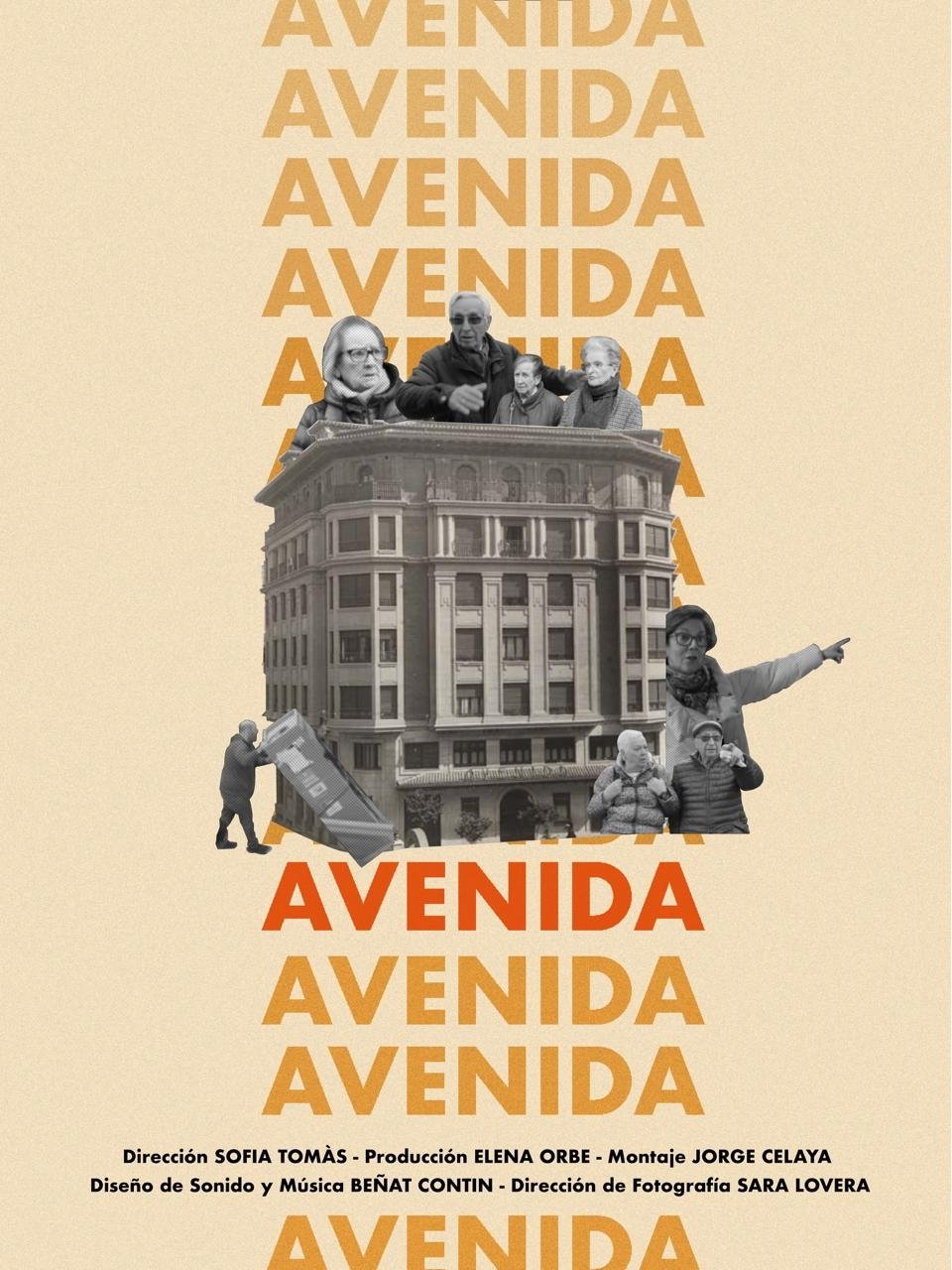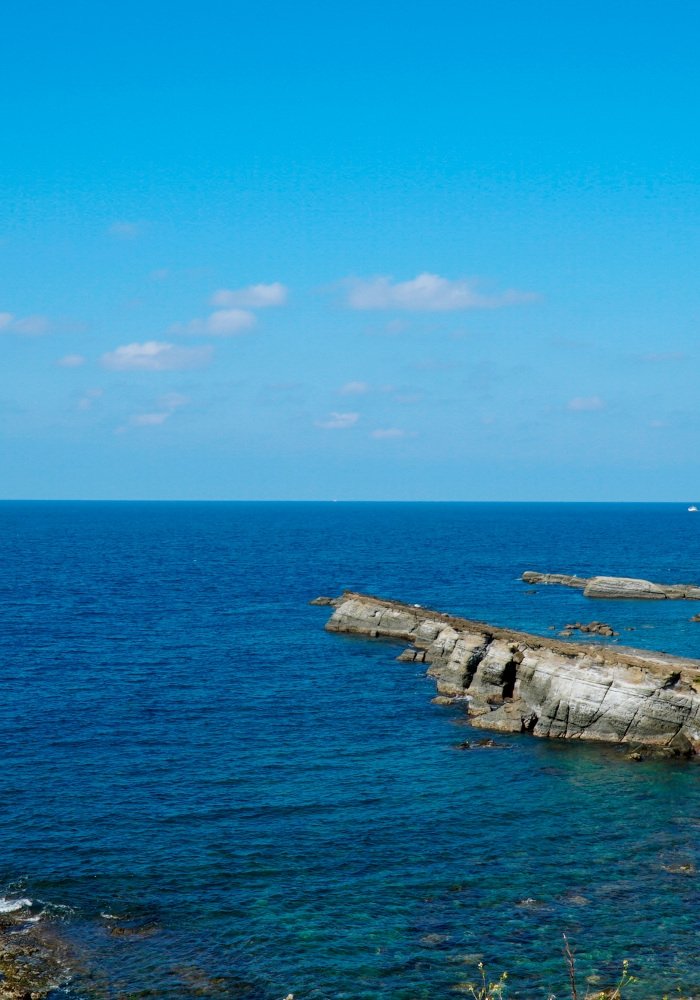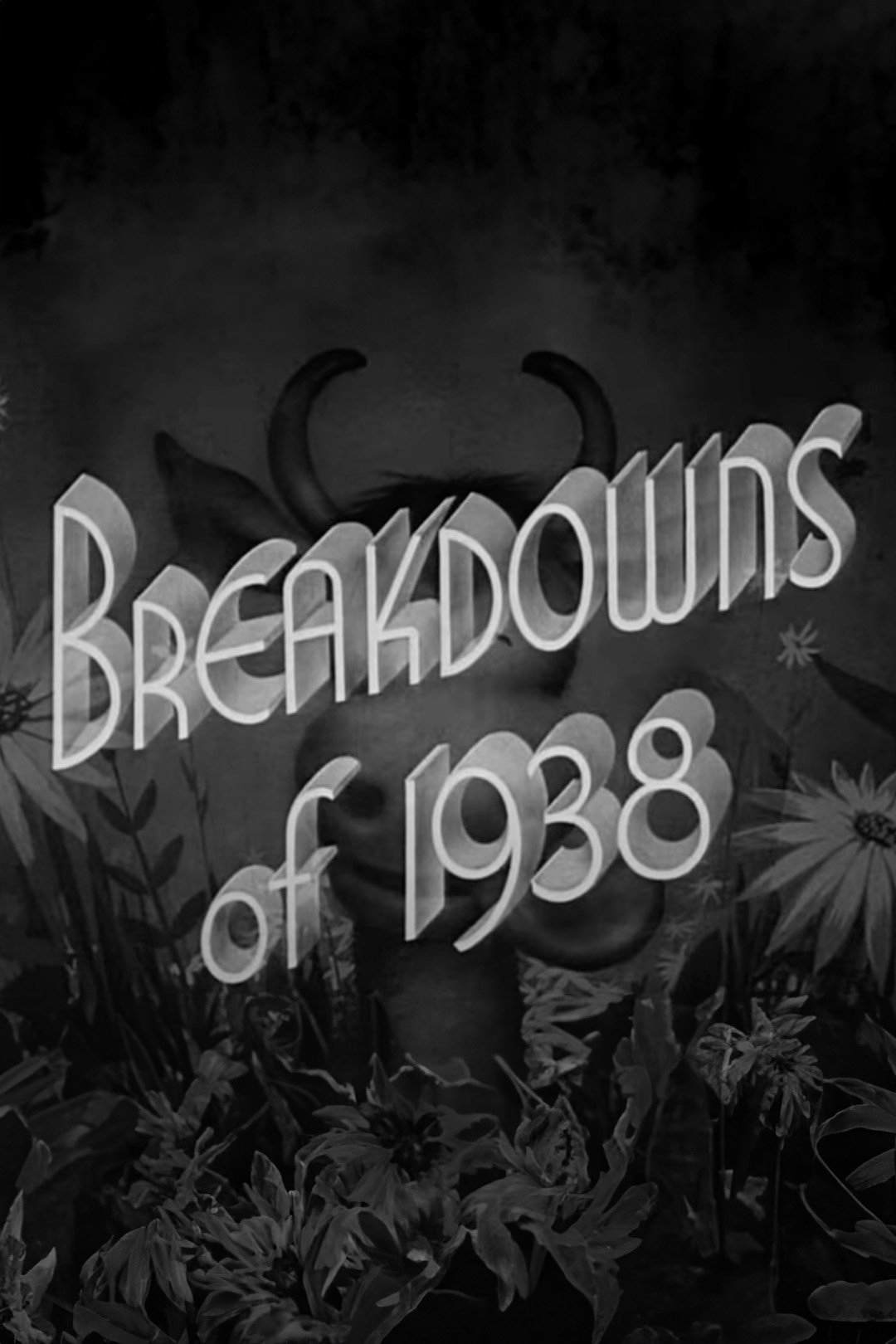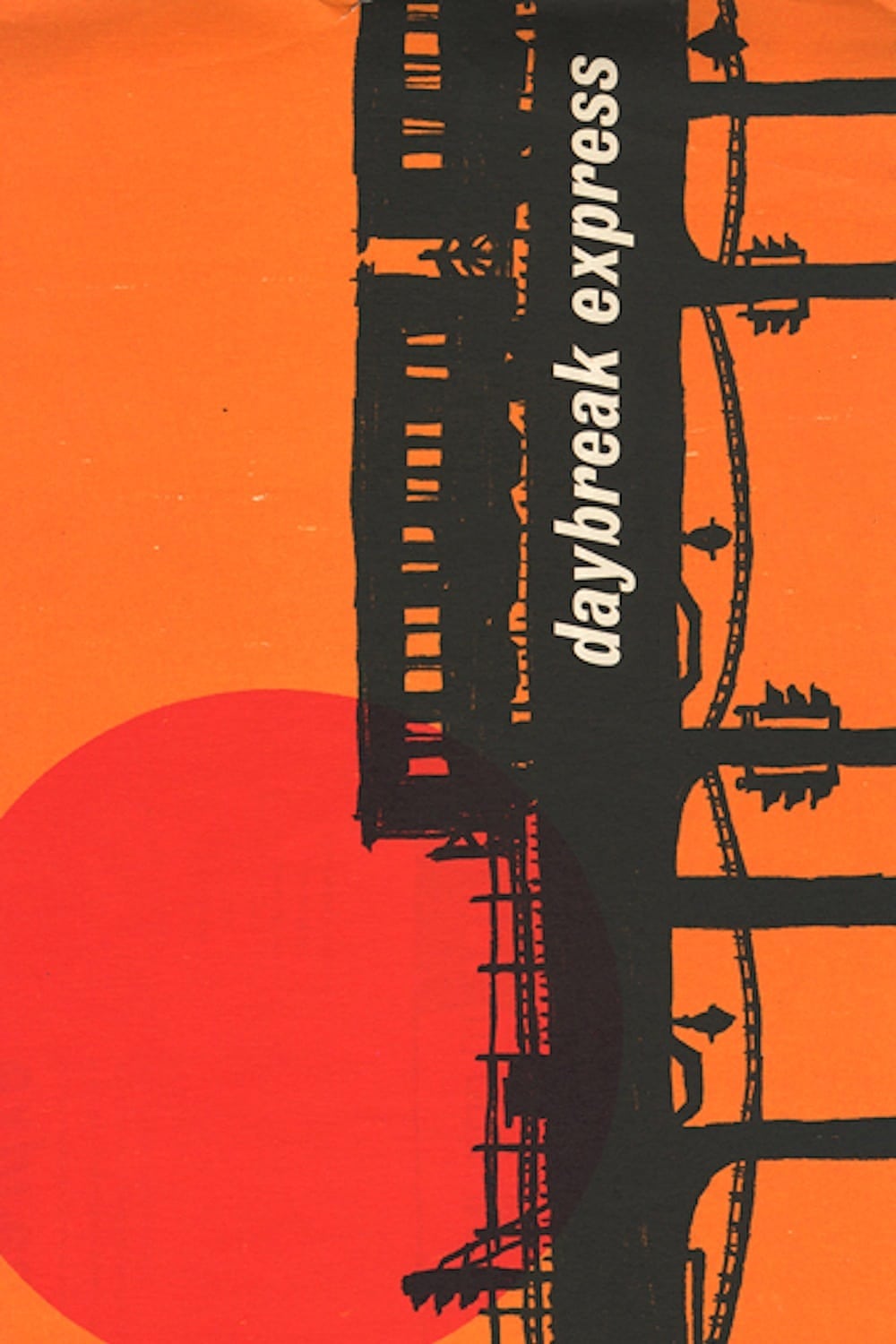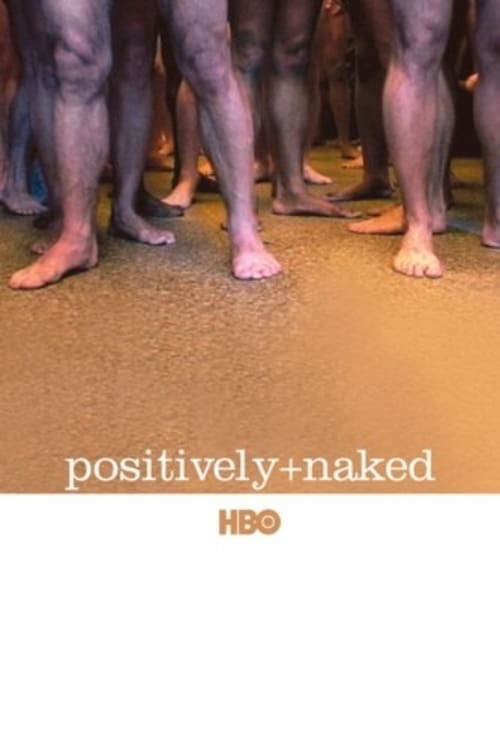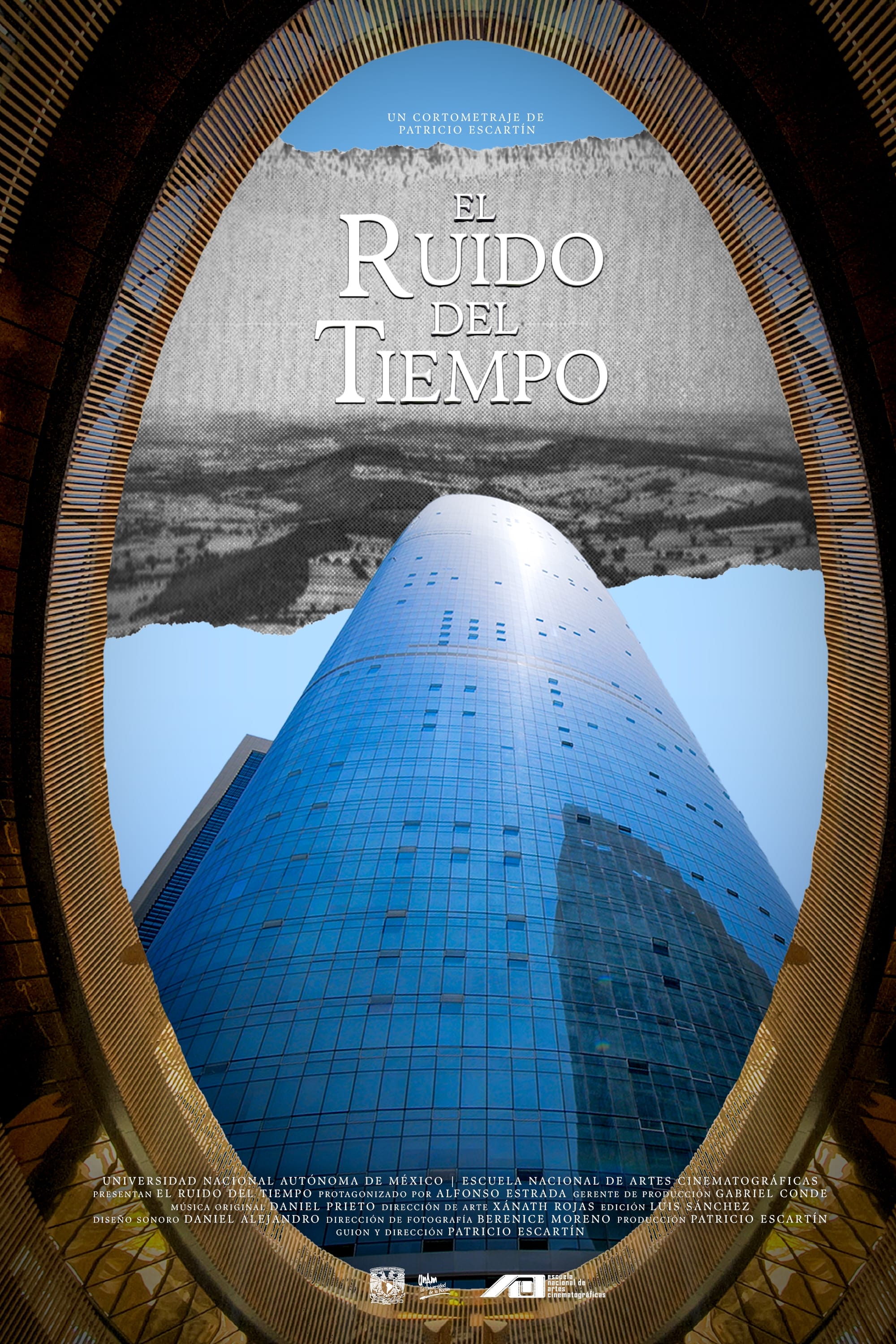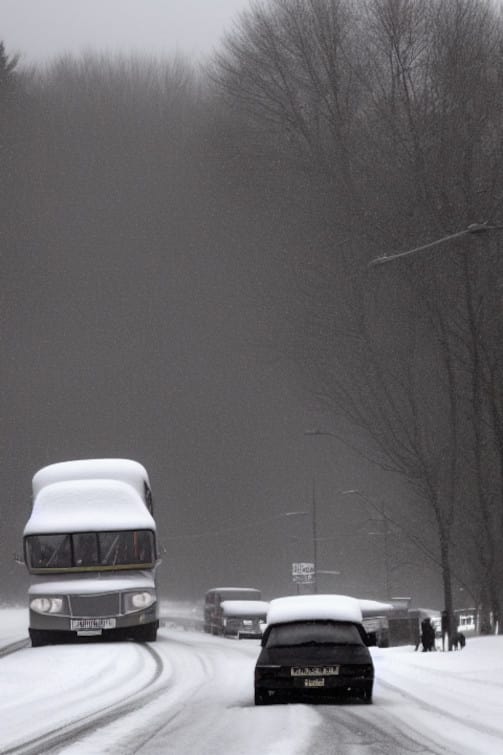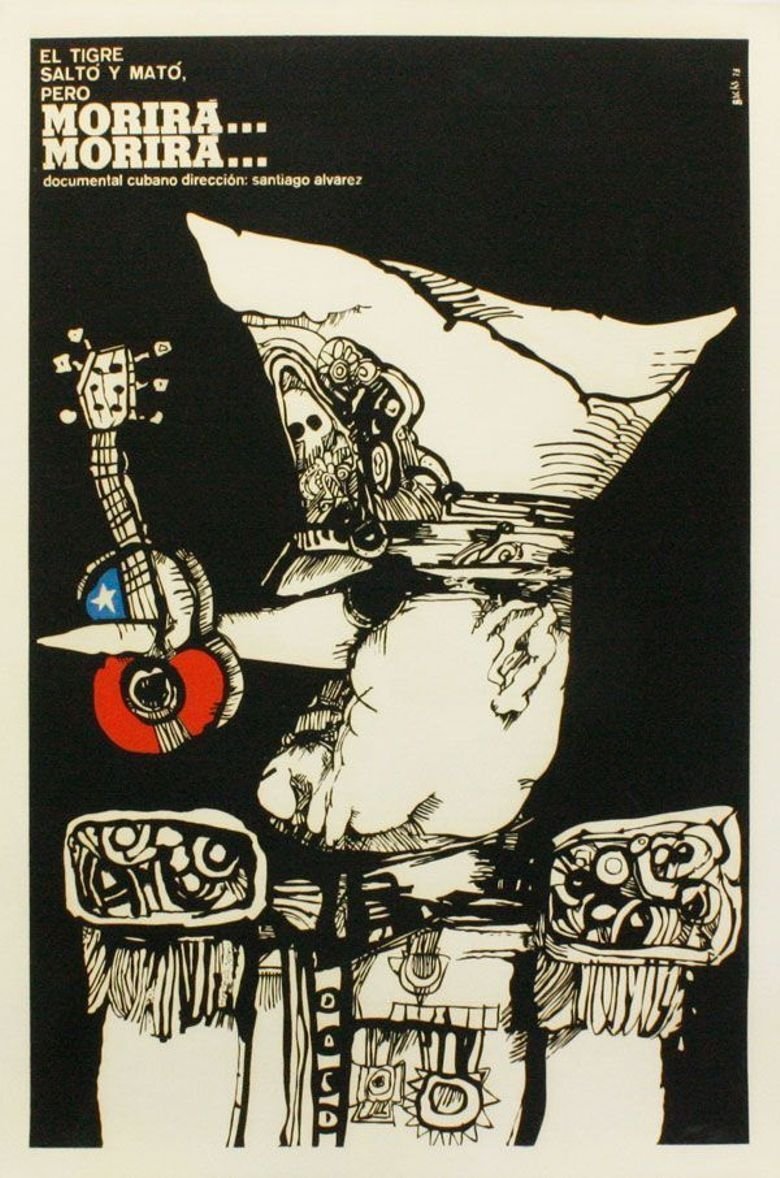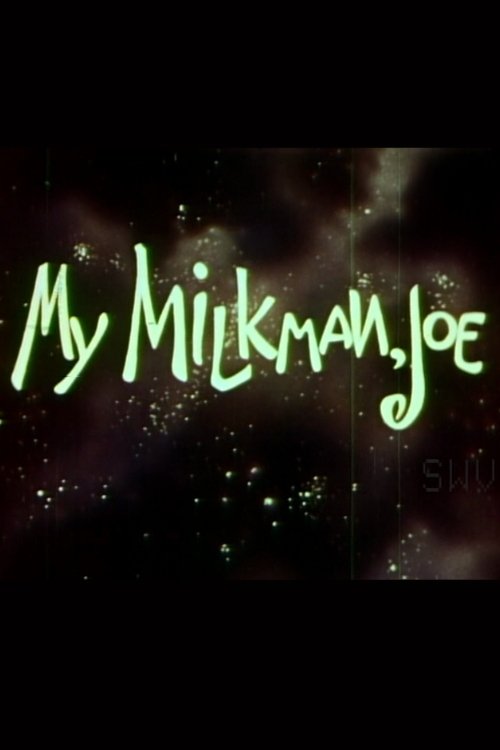Flugstudien (1989)
Overview
Short film directed by Traudl Kulikowsky
Production Companies
Additional Info
| Budget | $0.00 |
|---|---|
| Revenue | $0.00 |
| Original Language | de |
| Popularity | 0.207 |
Directed By
Traudl Kulikowsky
Crew
Traudl Kulikowsky
TOP CAST
Similar Movies
Saltlake Van Sant
Behind-the-scenes documentary of one morning on the set of "Gerry" directed by Gus Van Sant.
Who's Superstitious?
This short film examines the origins of several superstitions including crossing your fingers, knocking on wood, rabbit's feet, and breaking champagne bottles to christen ships, plus the role of superstitions in the Flying Dutchman tale.
Excess Will Save Us
In a small village of the North of France, an attack alert has been set off due to the combination of two events: the beginning of the hunting season and an argument between drunk Polish workers.
Spiral of Silence
In 2018, Taiwan was kept busy by noises of the election, among which the process of restarting the coal-fired power plant in Shen’ao was the most controversial and eye-catching. I followed the diving and canoeing instructor, recorded the rose coral reef and searched for a rare species of mollusk, the Epimenia babai Salvini–Plawen, in the waters of the local conservation area, and explored the ecological truth of Silence at the bottom of Deep Shen’ao together.
Breakdowns of 1938
Flubs and bloopers that occurred on the set of some of the major Warner Bros. pictures of 1938.
Carmen Not Only According to Bizet
This is funny or rather crazy adaptation of classical opera Carmen inspired by famous czech theatre Ypsilon play of the same name shot at various bizarre locations such as airport, botanical garden and winter forest.
Daybreak Express
Set to a classic Duke Ellington recording "Daybreak Express", this is a five-minute short of the soon-to-be-demolished Third Avenue elevated subway station in New York City.
Crisis Hotline: Veterans Press 1
According to the U.S. Department of Veterans Affairs, one veteran dies by suicide in America every 80 minutes. While only 1% of Americans has served in the military, former service members account for 20% of all suicides in the U.S. Based in Canandaigua, NY and open 24 hours a day, 365 days a year, the Veterans Crisis Line receives more than 22,000 calls each month from veterans of all conflicts who are struggling or contemplating suicide. This timely documentary spotlights the traumas endured by America’s veterans, as seen through the work of the hotline’s trained responders. CRISIS HOTLINE captures extremely private moments, where the professionals, many of whom are themselves veterans or veterans’ spouses, can often interrupt the thoughts and plans of suicidal callers to steer them out of crisis.
Positively Naked
No clothes. No apologies. This film marks artist Spencer Tunick's third 'Naked' documentary which feature photo shoots that create art from the naked bodies of men and women. In this shoot, 85 HIV-positive men and women gather in a downtown Manhattan bar where they bare it all for Tunick's camera, creating an unsentimental look at life with AIDS in America today.
Night and Fog
Filmmaker Alain Resnais documents the atrocities behind the walls of Hitler's concentration camps.
Domy + Ailucha: Ket Stuff!
In 2020, unable to travel, Ico Costa left a small camera with Ailucha and Domy, two young Mozambicans from the city of Inhambane, and asked them to film their daily lives. The result: working, playing, walking, hanging around, smoking, listening to music, singing, dancing, feeling desire – being teenagers.
The Noise of Time
In the town of Xoco, the spirit of an old villager awakens in search of its lost home. Along its journey, the ghost discovers that the town still celebrates its most important festivities, but also learns that the construction of a new commercial complex called Mítikah will threaten the existence of both the traditions and the town itself.
Jimmy Dorsey and His Orchestra
In a nightclub setting, Jimmy Dorsey and His Orchestra, with two of his vocalists, perform four of the group's best known songs. For the complete list of songs, check the soundtrack listing.
The Tiger Leaps and Kills, But It Will Die... It Will Die...
An obituary for Victor Jara, the Chilean folksinger who was murdered in a football stadium by the military junta during the days of the September 1973 coup.
